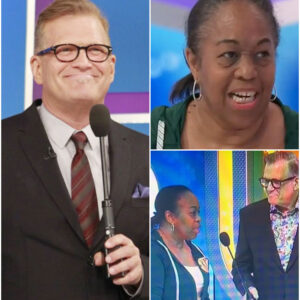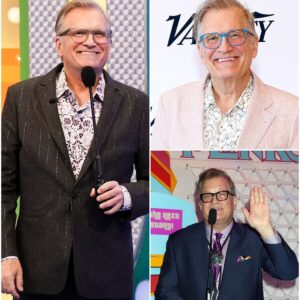In a controversial move on social media, Derek Holland, the former pitcher for the Texas Rangers and a key figure in the team’s World Series appearances in 2010 and 2011, publicly expressed his support for the Rangers’ decision not to host a Pride Night at Globe Life Field. This stance effectively sets the Rangers apart as the only Major League Baseball (MLB) team not participating in such events during June’s Pride month, dedicated to celebrating the LGBTQ+ community.
Holland, aged 37, made headlines after responding to a tweet by WFAA/Ch. 8, which highlighted the Rangers’ unique position. He shared a meme featuring the Rangers’ mascot with a caption indicating victory, reflecting his support for the absence of a Pride Night.
This social media post quickly sparked online discussions, with one individual questioning Holland’s motive behind publicly denigrating others. In a reply that stirred further controversy, Holland questioned the necessity for a dedicated month to celebrate the LGBTQ+ community, suggesting instead that such recognition should be reserved for military service members. He argued that veterans represent “real heroes” deserving of such honor due to their sacrifices for the country.
Holland’s comments ignited a variety of responses, including critiques that his stance represented intolerance towards those different from himself. He doubled down on his position, further critiquizing the LGBTQ+ community’s self-acceptance and prompting supportive reactions from some Twitter users who echoed pride in the team’s decision.
This incident brings to light Holland’s regular engagement with politically charged and often far-right content on his social media platforms. His latest posts have once again positioned him at the center of a contentious debate concerning the intersection of sports, societal values, and the recognition of LGBTQ+ rights within the realm of professional athletics.
It’s worth noting that the military is already honored throughout the United States with various dedicated days and months, including National Military Appreciation Month in May and Veterans Day, recognized since 1938. This context underscores the broader national debate about inclusivity, representation, and the role of public figures and institutions in fostering dialogue around these issues.





